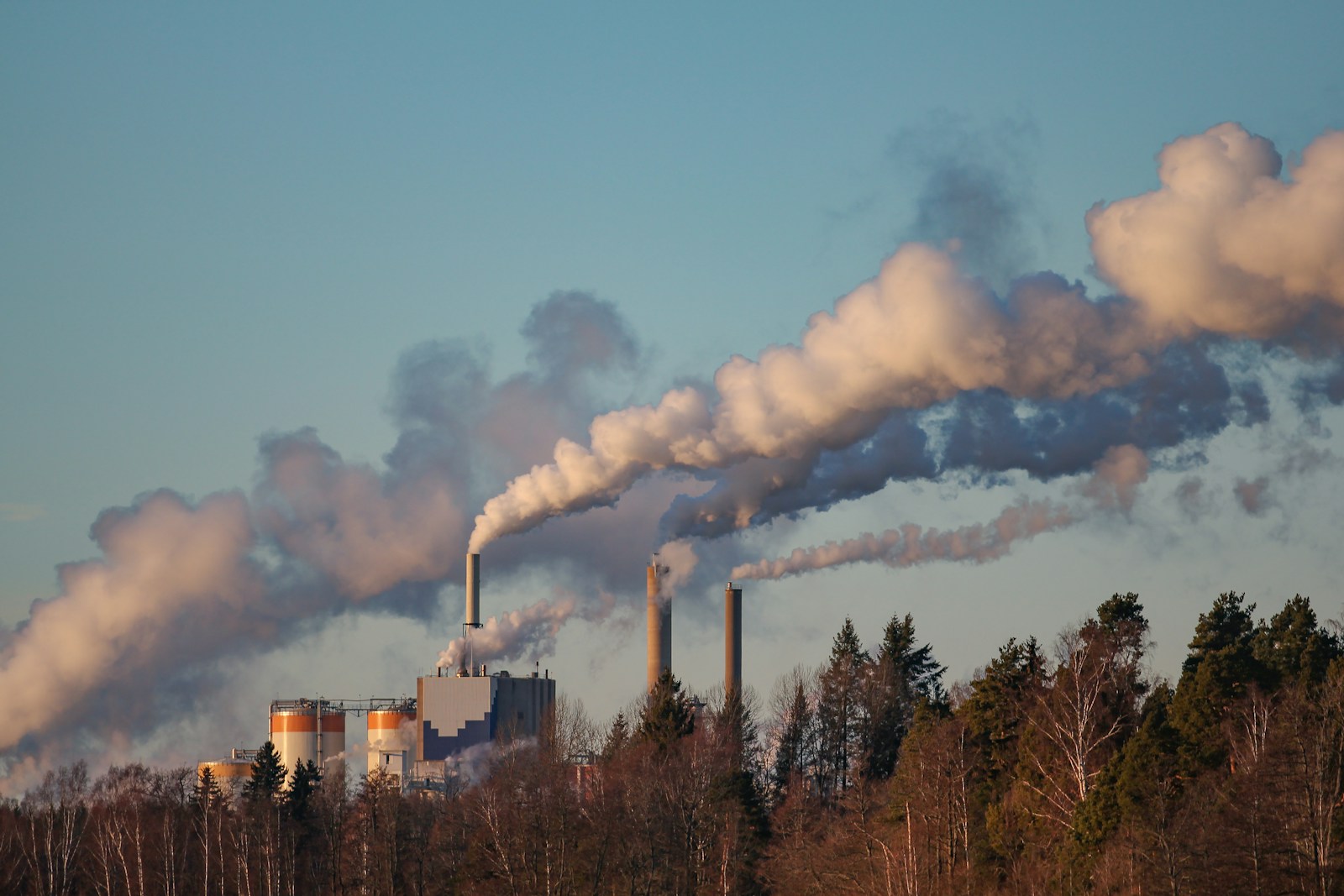Picture this: a juicy tomato bursting with flavor, grown with minimal environmental impact. Now imagine a global food system that nourishes billions while safeguarding our planet. This isn’t a utopian fantasy; it’s the essence of sustainable food systems. Our current food production methods, however, paint a different picture. Intensive agriculture, long-distance transportation, and rampant food waste strain our resources and contribute significantly to environmental woes. So, how can we cultivate a future where delicious food and environmental responsibility go hand in hand?
Table of Contents
ToggleThe Unsustainable Feast: How Our Food System Impacts the Planet
Our current food system is like a lavish feast with a hefty hidden bill. Let’s break down the environmental costs:
- Land-Use Change: Clearing forests for agriculture disrupts ecosystems and releases carbon dioxide stored in trees.
- Water Scarcity: Agriculture accounts for a significant portion of global freshwater use, putting immense pressure on water resources.
- Pollution: Chemical fertilizers and pesticides contaminate waterways and harm biodiversity.
- Greenhouse Gas Emissions: From animal agriculture to food processing and transportation, the food system is a major contributor to climate change.
- Food Waste: A staggering one-third of all food produced globally is wasted, translating to wasted resources and increased environmental impact.
These are just some of the hefty bills we pay for the convenience and abundance of our current food system. But there’s a growing movement brewing, a movement aiming to transform our relationship with food – the movement for sustainable food systems.
Beyond Organic: Exploring Sustainable Food Solutions
Sustainable food systems prioritize environment-friendly practices, ensuring food security for future generations. Here are some innovative solutions already taking root:
- Regenerative Agriculture: This approach mimics natural ecosystems, promoting soil health, biodiversity, and carbon sequestration. Think cover cropping, reduced tillage, and composting to create a thriving soil ecosystem.
- Urban Farming: Vertical farms and rooftop gardens are transforming cityscapes, producing fresh, local food with a smaller environmental footprint. Imagine leafy greens flourishing in skyscrapers!
- Reducing Food Waste: Innovative apps connect restaurants with consumers to rescue surplus food. Upcycling initiatives find creative uses for food scraps, minimizing waste going to landfills.
- Plant-Based Diets: Meat production has a significant environmental impact. Embracing plant-based alternatives, even one or two meatless meals a week, can make a difference.
These are just a few threads in the tapestry of sustainable food systems. The key lies in creating a holistic system – from production to consumption – that minimizes environmental impact while ensuring food security and deliciousness on our plates.
The Power of Choice: How You Can Cultivate a Sustainable Food Journey
The good news is, we all have a role to play in cultivating a more sustainable food system. Here are some ways you can become an active participant:
- Support Local Farmers: Seek out farmers’ markets and local food businesses. This reduces transportation emissions and strengthens your connection to your food’s origin.
- Embrace Imperfect Produce: Don’t be fooled by cosmetic standards! “Ugly” fruits and vegetables are just as nutritious and delicious.
- Plan Your Meals: Planning meals helps reduce impulse purchases and food waste.
- Compost Food Scraps: Composting turns kitchen waste into nutrient-rich fertilizer for your garden, closing the loop.
- Reduce Food Waste: Store food properly, cook only what you need, and get creative with leftovers.
These seemingly small steps, when multiplied by millions, have the power to create a significant positive impact. Remember, every bite we take is a choice, and by making informed choices, we can cultivate a more sustainable food journey.
A Sustainable Food Future: A Delicious Plate and a Healthy Planet
Building a sustainable food system isn’t just about saving the planet (although that’s pretty important!). It’s also about creating a future where delicious, healthy food is accessible to everyone. Imagine vibrant markets overflowing with locally grown produce, communities fostering connections with their food, and a global food system that nourishes us all in harmony with the earth. This vision is within reach, but it requires a collective effort – from farmers and policymakers to everyday consumers like you and me. Let’s cultivate a food system that’s as delicious for our taste buds as it is responsible for our planet.
FAQs on Sustainable Food Systems
1. Isn’t organic food the same as sustainable food?
Organic food production focuses on avoiding synthetic pesticides and fertilizers, which is a positive step. However, sustainable food systems encompass a broader range of practices that minimize environmental impact throughout the entire food chain.







